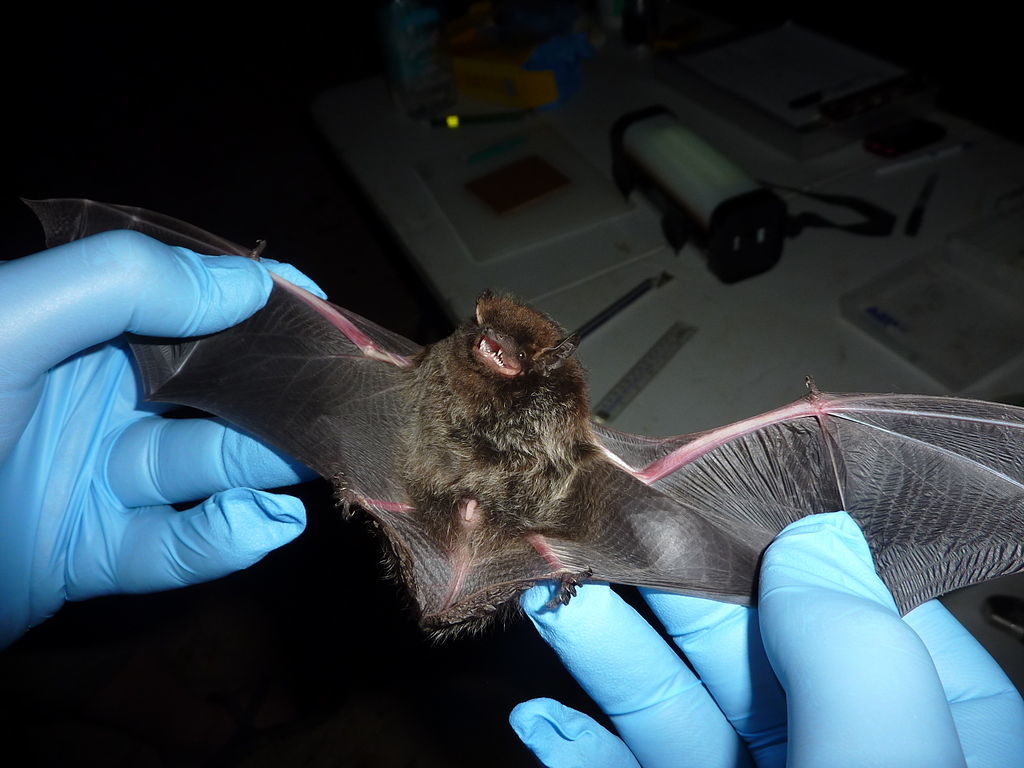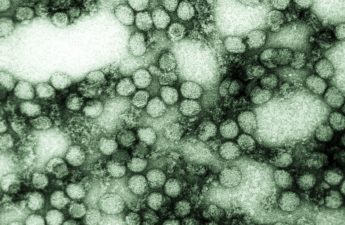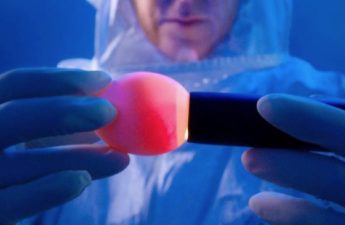
Bat was found in restroom in Cottage Lake Park
Bat was not tested but officials concerned it may have had rabies
At around 6:30 a.m. on July 13, a bat was found in a public men’s restroom by park staff at Cottage Lake Park in Woodinville. Based on a description of the bat provided by park staff, the bat may have been handled by one or more people. Park staff were able to safely capture the bat, but it has since been released and is therefore not able to be tested for rabies.
The bat may have been in the restroom overnight, so it could have come in contact with people visiting the park on July 12. About 160 people were at the park on the evening of July 12 for the Michelle D’Amour and the Love Dealers concert, which started at 7:00 p.m.
Who is at risk
Any person or animal that touched or had contact with the bat or its saliva could be at risk of getting rabies, which is almost always fatal once symptoms begin. Fortunately, rabies can be prevented if treatment is given before symptoms appear. Anyone who had contact with this bat at Cottage Lake Park should contact Public Health at 206-296-4774 or seek medical evaluation immediately.
“Rabies is treatable if caught before symptoms appear, so identifying anyone who has had contact as soon as possible is important,” said Dr. Jeff Duchin, Health Officer for Public Health – Seattle & King County. “Contact includes touching a bat, being bitten, scratched, or any other bare skin contact with a bat or its saliva.”
Rabies and pets
If your pet might have been exposed to the bat, contact your veterinarian immediately. Dogs, cats, ferrets, and horses should be current on their rabies vaccine but will need to be revaccinated if they had contact with a bat.
More about rabies
Rabies is dangerous, but treatable if caught early before any symptoms develop:
- If someone has had contact with the bat, treatment can prevent infection. This treatment should be given as soon as possible.
- Rabies is a viral disease of the central nervous system that is almost always fatal once symptoms begin.
The virus is found in the saliva of an animal with rabies and is usually transmitted by a bite or scratch.
Because rabies is a life threatening disease, medical advice must be sought promptly if a bat comes into contact with humans or animals.
More about bats
Bats flying overhead, and bats that have not had direct contact with humans or animals, do not pose a risk for transmitting rabies. Healthy bats will avoid people, so be suspicious of a bat you find inside your home or on the ground.
If you find a bat:
- If you find a bat inside your house, call Public Health at 206-296-4774 to discuss the situation and to determine whether the bat needs to be tested for rabies. Public Health tests bats for rabies free of charge under certain circumstances.
- If the bat is alive, do not let it go! Knock it to the floor with a broom or other object, and cover it with a wastebasket or other container. Scoop it into a box or plastic storage container with a secure lid without touching it or wear heavy leather gloves to pick it up and put it in the box.
- Use a shovel or gloves to put a dead bat in a box for testing. Do not throw it away!


